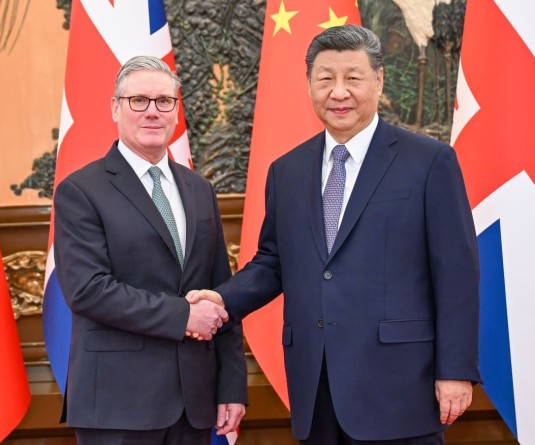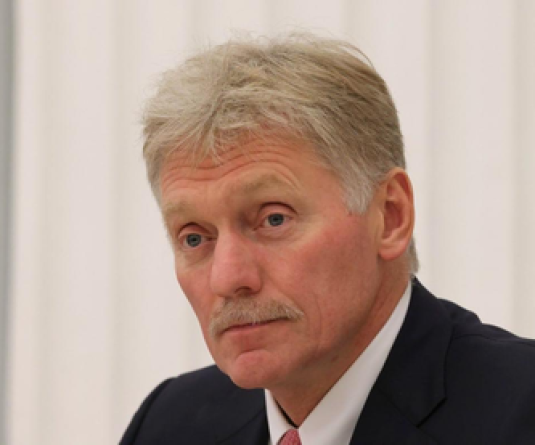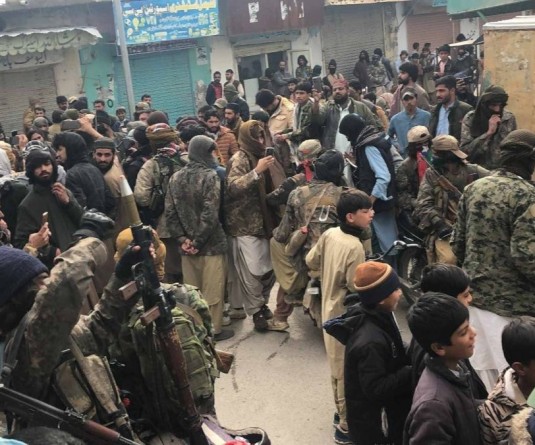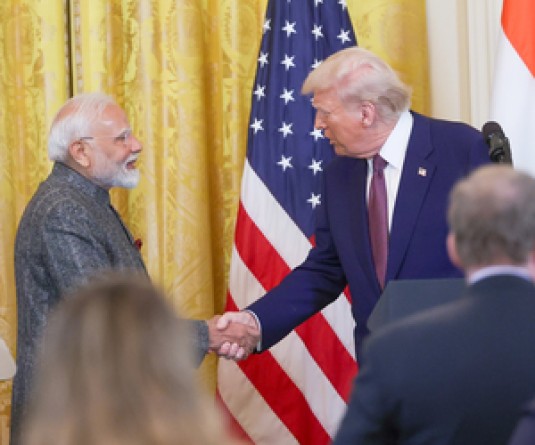Guinea's President Alpha Conde. (Reuters File Photo)
CONAKR, October 15 (Reuters): Guineans head to the polls on Sunday in a tense election in which octogenerian President Alpha Conde is seeking to extend his rule into a third term, drawing fierce criticism from opponents who say he is breaking the law by running again.
Conde became the West African country's first democratically elected leader in 2010, bringing hope of progress after years of dictatorship and military rule.
Critics say he has carried on that authoritarian tradition with deadly crackdowns on dissent and neglect of the ordinary citizen.
Voters in a March referendum approved changes to the constitution that Conde argues reset the clock on his presidency.
The move was seen by experts as a setback for democratic progress in a region that had made strides to shrug off its image as Africa's "coup belt."
In neighbouring Ivory Coast, President Alassane Ouattara is also seeking a third term, raising similar concerns, while Guinea's north-eastern neighbour Mali has witnessed a second military coup in less than a decade.
Eleven candidates are vying to unseat the 82-year old, who says he needs another term to complete major mining and infrastructure projects.
During his presidency, Guinea has made progress tapping its mineral riches, including by approving plans to develop the giant Simandou iron ore mine. Gross domestic product has doubled; bauxite output tripled.
However, many Guineans are frustrated that the mineral riches have not eradicated frequent power cuts and unemployment, or raised salaries.
"I do not plan to remain president for life," he told Radio France International on Oct. 6. He declined to say whether this would be his last term if he wins.
His main challenger, Cellou Dalein Diallo, a former prime minister who lost to Conde in the 2010 and 2015 elections, told journalists on Monday that Conde was driven by an ambition to remain in power.
Diallo, 68, said that through the March referendum, Conde has centralised power, adding that he had also manipulated the electoral roll in his favour.
Both leaders have rallied their ethnic base on the campaign trail using ethnically-tinged rhetoric that has raised concerns about post-election violence.
The U.N. High Commissioner for Human Rights, Michelle Bachelet, warned in a statement last week about the risk of escalating violence through hate speech.
There have been divisive appeals to ethnic affiliations during the campaign, she said, particularly references to the Malinke and Peuhl ethnicities.
"Given the history of intercommunal violence in Guinea, I am deeply worried about such dangerous rhetoric by political leaders," Bachelet said.
Conde's ruling Rally of the Guinean People party draws support from his Malinke ethnicity, while Diallo's Union of Democratic Forces of Guinea enjoys strong backing from the Peuhl community. The Malinke represent about 35% of Guinea's population and the Peuhl around 40%.
Factbox: Africa's longest-ruling leaders
* EQUATORIAL GUINEA - Teodoro Obiang (1979-present): Obiang, 78, seized power in a 1979 coup from his uncle, who was later executed by firing squad. He has held onto power ever since, relying on repression of political opponents and revenues from the country's offshore oil reserves.
* CAMEROON - Paul Biya (1982-present): Biya, 87, took over in 1982 from President Ahmadou Ahidjo and has won a series of elections, most recently a 2018 vote that his opponents called fraudulent.
* UGANDA - Yoweri Museveni (1986-present): Museveni, 76, declared himself president in January 1986 when he seized Kampala after a five-year guerrilla struggle. The ruling party endorsed him as its candidate in the 2021 election after he scrapped a 75-year age limit that would have barred him from standing again.
* CONGO REPUBLIC - Denis Sassou Nguesso (1979-92, 1997-present): Sassou Nguesso, 76, assumed office in 1979 before losing the country's first multi-party elections in 1992. He regained power in 1997 after a brief civil war and changed the constitution in 2015 to let himself stand again for re-election the following year.
* eSWATINI - King Mswati III (1986-present): Sub-Saharan Africa’s last absolute monarch, Mswati, 52, was crowned in April 1986. Political parties have been banned in eSwatini, previously known as Swaziland, since 1973.
* CHAD - Idriss Deby (1990-present): Deby, 68, took power at the head of an armed rebellion. He abolished presidential term limits in 2005 before reimposing a two-term limit in 2018. It will not be applied retroactively, however, meaning he could serve two terms after the next election in 2021.
* ERITREA - Isaias Afwerki (1993-present): Afwerki, 74, has ruled Eritrea since it gained independence from Ethiopia. There have never been national elections in Eritrea, which rights groups consider one of the most repressive states in the world.
* DJIBOUTI - Ismail Omar Guelleh (1999-present): Guelleh, 72, was hand picked to succeed his uncle, independence leader Hassan Gouled Aptidon. He was elected to a fourth five-year term in 2016. He has not said whether he will seek another term in April 2021.
* MOROCCO - King Mohammed VI (1999-present): Mohammed VI, 57, was crowned when his father, Hassan II, died of a heart attack. The Moroccan royal family has reigned since 1631, making it the Muslim world's oldest dynasty.
* RWANDA - Paul Kagame (2000-present): Kagame, 62, was widely seen as the real power in Rwanda after leading the rebel army that ended the 1994 genocide. He was formally elected president by the national assembly in 2000 and changed the constitution in 2015 to extend term limits, a move that could let him stay in power until 2034.






